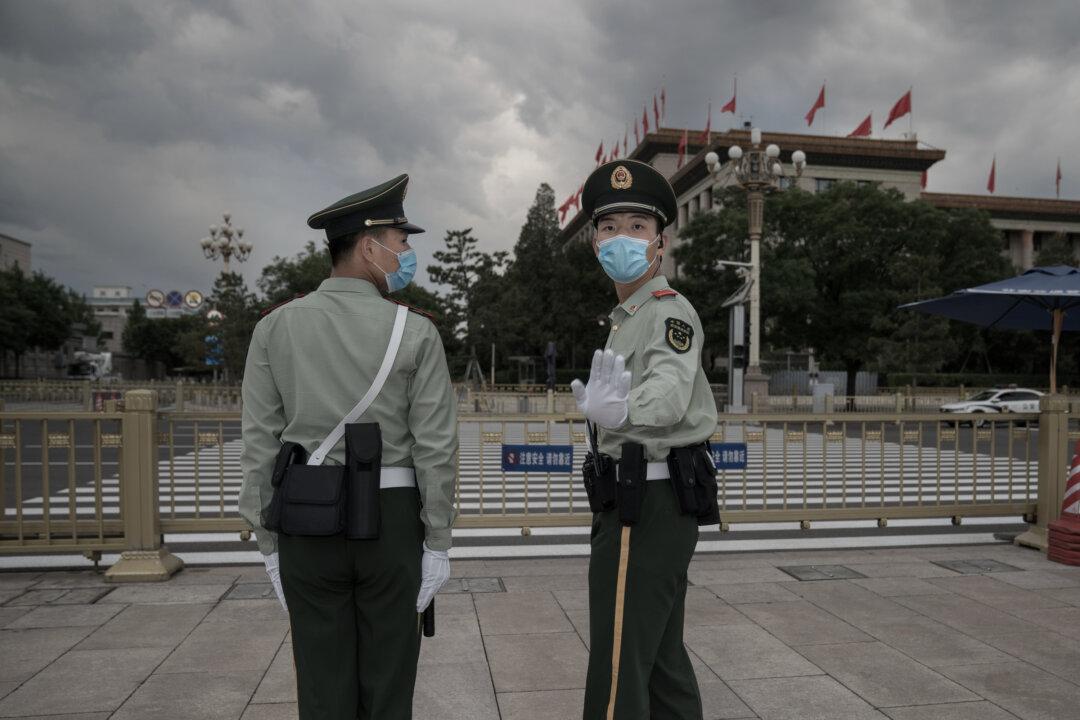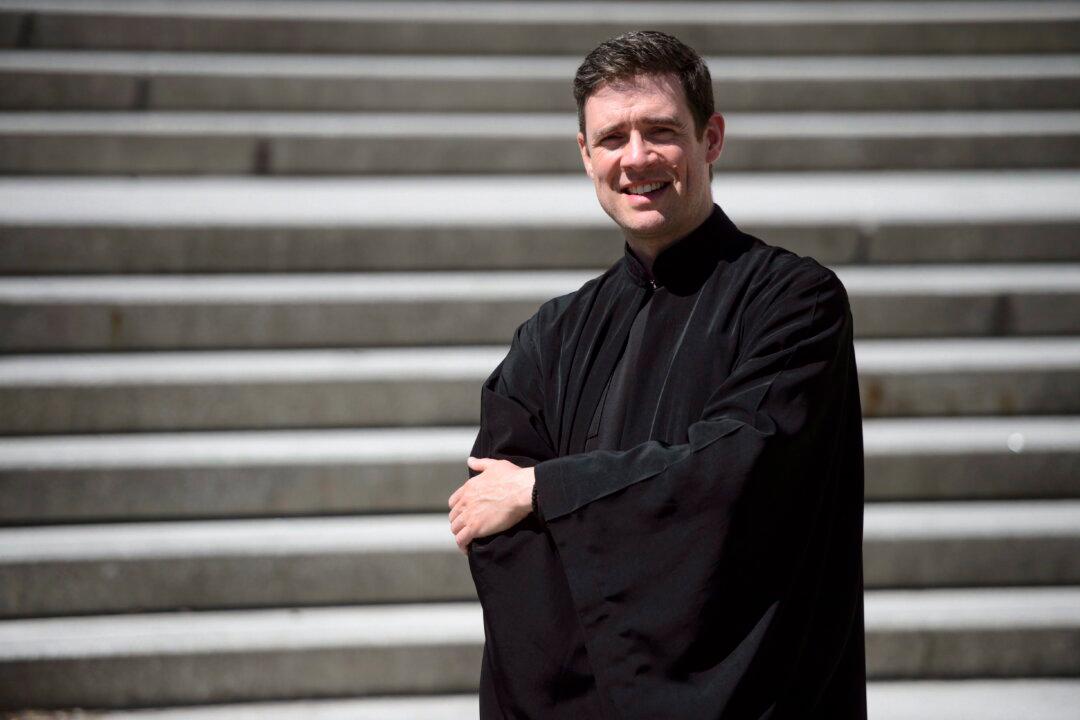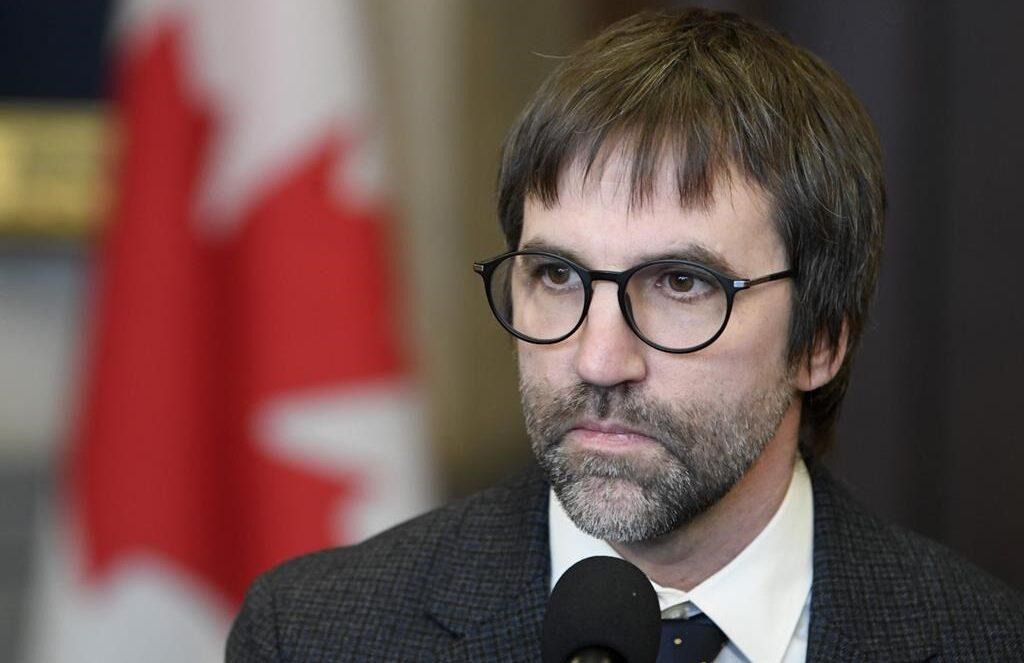Much like Chernobyl was a watershed moment spelling the demise of the Soviet Union, COVID-19 has pushed the Chinese Communist Party onto a similar path of no return, says the chair of the group spearheading Ottawa’s soon-to-be-built Memorial to Victims of Communism.
Polish-born Ludwik Klimkowski, chair of Tribute to Liberty, said he sees parallels between the public mood toward the Soviet Union right before it collapsed and the growing international backlash toward the Chinese regime due to its mishandling and coverup of the virus outbreak.
“I think we’re on the path—an expedited path—to basically removing the Chinese Communist Party from the governing of China,” Klimkowski said in an interview.
“No one believes them anymore. No one even wants to come to the table to sign any agreement with the Chinese Communist Party because we know, just like we did know with the Soviet Union representatives of Communist Party, that they just lie. They don’t tell us the truth.”
He notes that the Soviet regime also lied about the 1986 nuclear accident at Chernobyl, “claiming that nothing had happened and everything was under control. ... From 1986, no one believed what the Communist Party of the Soviet Union said afterwards.”

In 1989, a few years after the disaster, a series of revolutions within Eastern Bloc countries—Poland and Hungary in particular—caused a chain reaction that ultimately resulted in the fall of the Berlin Wall and the collapse of the Soviet Union.
The key for the Polish people in resisting the regime was for dissenters to organize and speak out, said Klimkowsi. But they also needed something more, he says—a spark of outside encouragement to give them courage and hope. In Poland, that moment came in Pope John Paul II’s historic 1979 speech that awakened the peoples’ yearning for independence and helped galvanize the solidarity movement, formed a year later.
As the numbers in the solidarity movement grew, it emboldened those on the fringe, who had supported the regime merely for personal benefits or to avoid persecution, to join the resistance and eventually bring down the Iron Curtain.
“When the tide changed, they left the Communist Party pretty quickly,” Klimkowsi said.
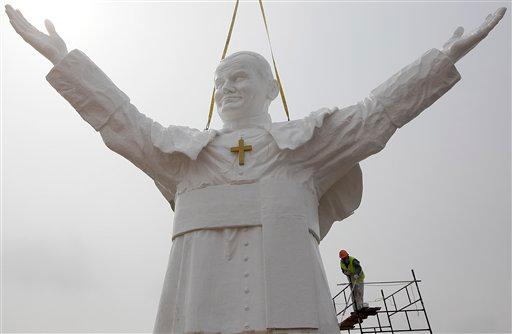
He believes the time is ripe for a similar galvanizing force to ignite burgeoning dissent in China.
“I think our Chinese friends, they need just one voice—that one equivalent of John Paul II who would say, ‘you don’t have to be afraid. You can actually leave the Communist Party. You can renounce your membership in that Party and you'll be strong. And there’s so many of you who can overcome that challenge and make China free,’” he said.
China is already well advanced on the path of resistance, Klimkowsi notes, manifesting in the 360 million Chinese people who have already “quit” or renounced their membership in the Communist Party through the Tuidang movement.
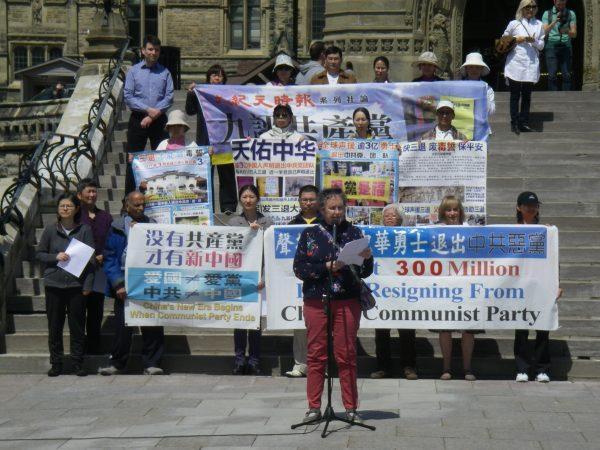
Tuidang, meaning “Quit the Party” in Chinese, is arguably the largest grassroots movement in history. Started in 2004, through the work of volunteers in China and around the world, renunciation statements are collected and posted to the Tuidang Centre’s Chinese-language website.
Increasing international pushback against the regime, in particular from the United States, also bodes well for a free China, says Klimkowski, since western investment and Chinese espionage in western countries were key to the regime attaining its superpower status.
“Based on Chinese GDP numbers, that Chinese economy is the second-largest economy on this planet. And yet imagine one thing: What would happen in terms of evolution of the Chinese economy if the western civilization would not want to trade with China?”
The United States and Australia have led international efforts to hold Beijing accountable for the coverup of the virus outbreak in Wuhan, and have called for an independent inquiry into the regime’s role. The United States has also introduced widespread measures to counter the regime in recent months, including sanctioning officials responsible for human rights abuses in Hong Kong and Xinjiang.
Klimkowski points out that if history is any indication, the fall of a despotic regime is often unpredictable and sudden, no matter how formidable it may seem on the surface.
Victims of Communism Memorial
Tribute to Liberty has been the main force behind the Victims of Communism Memorial slated for downtown Ottawa that has been in the works since 2009. The aim of the monument is to help victims and their families heal and educate future generations about the reality of life under communist rule.
Klimkowski says the memorial is an important show of respect to the eight million Canadians who can trace their roots to countries that suffered under various oppressive communist regimes, but also to educate future generations.
“We need to tell our fellow Canadians that the perverted idea of introducing extreme socialism or communism in Canada is something that most of us, if not all of us, are deadly afraid of because we know how it feels, we have lived through it,” he said, adding that communism has been responsible for the deaths of about 100 million people since the beginning of the Bolshevik Revolution in Russia in 1917.
“We need to tell our fellow citizens, this road was already tried, and what happened was that 100 million people got killed by communists.”
Construction of the memorial is facing delays due to the pandemic but is slated to be completed in 2021.
